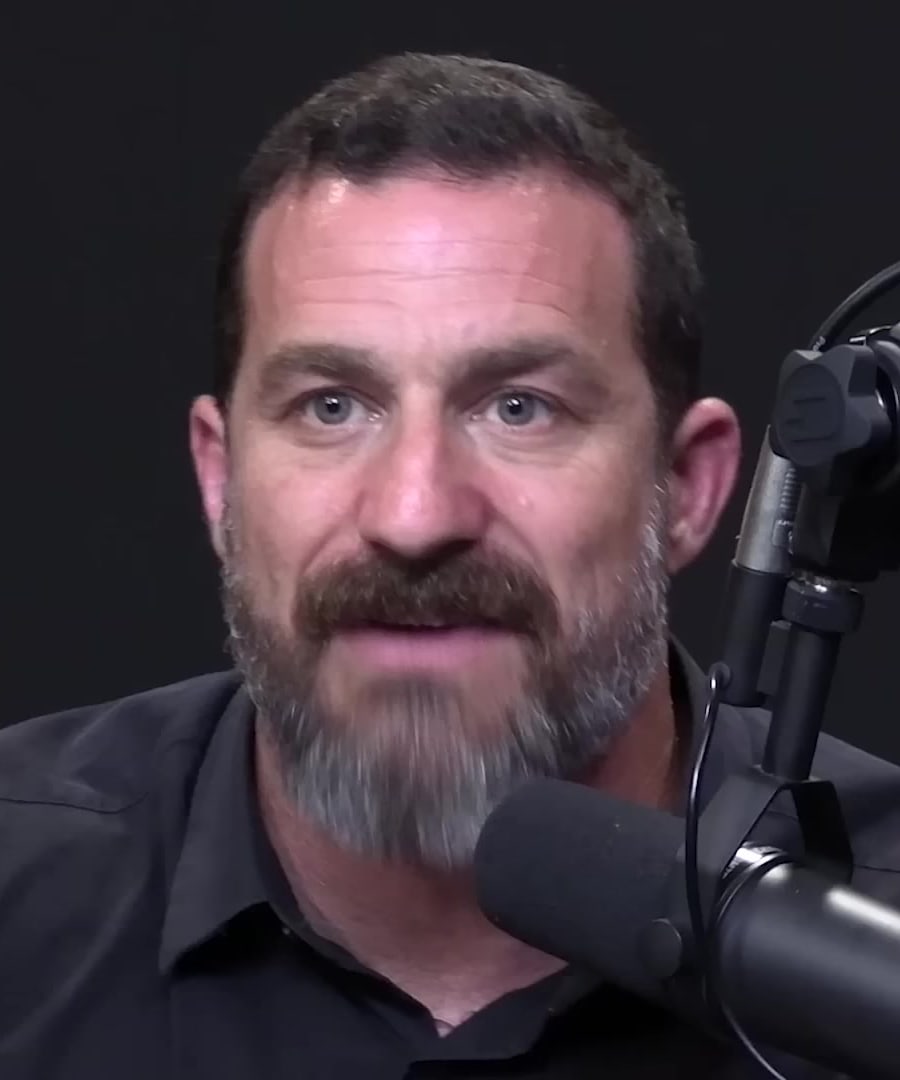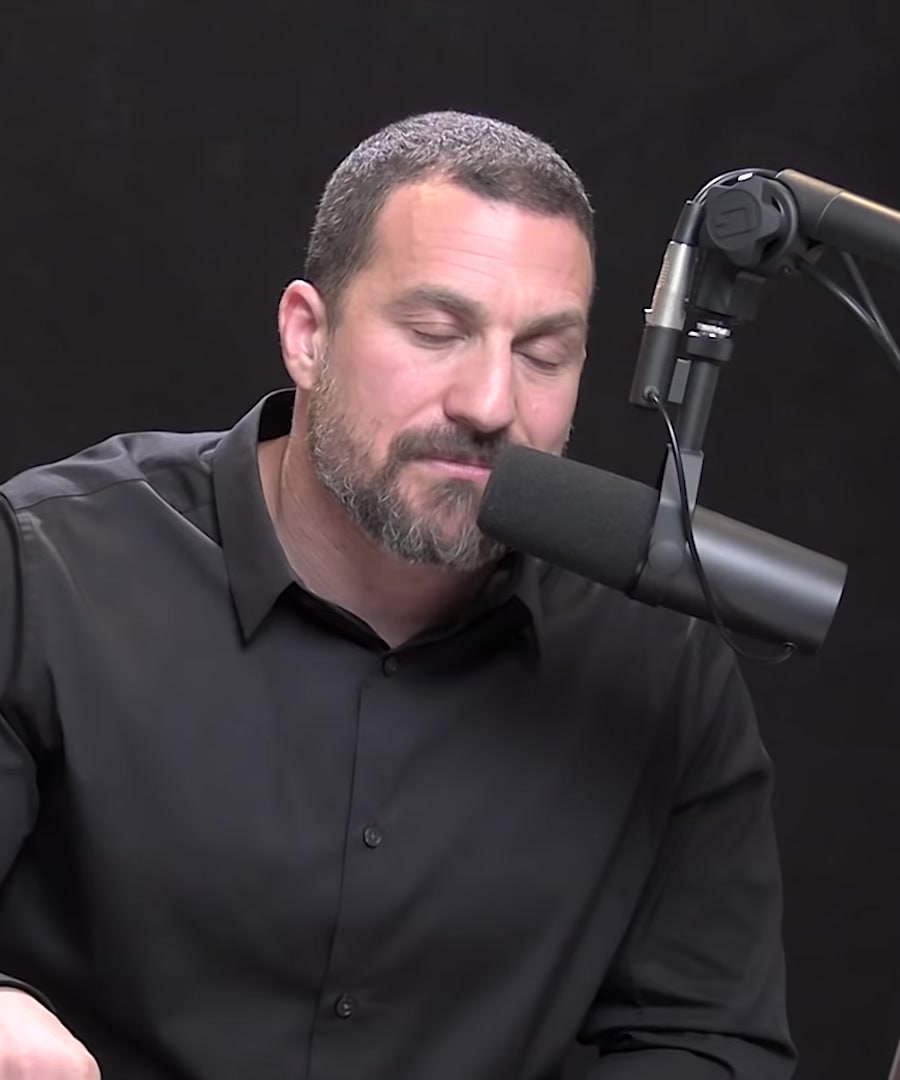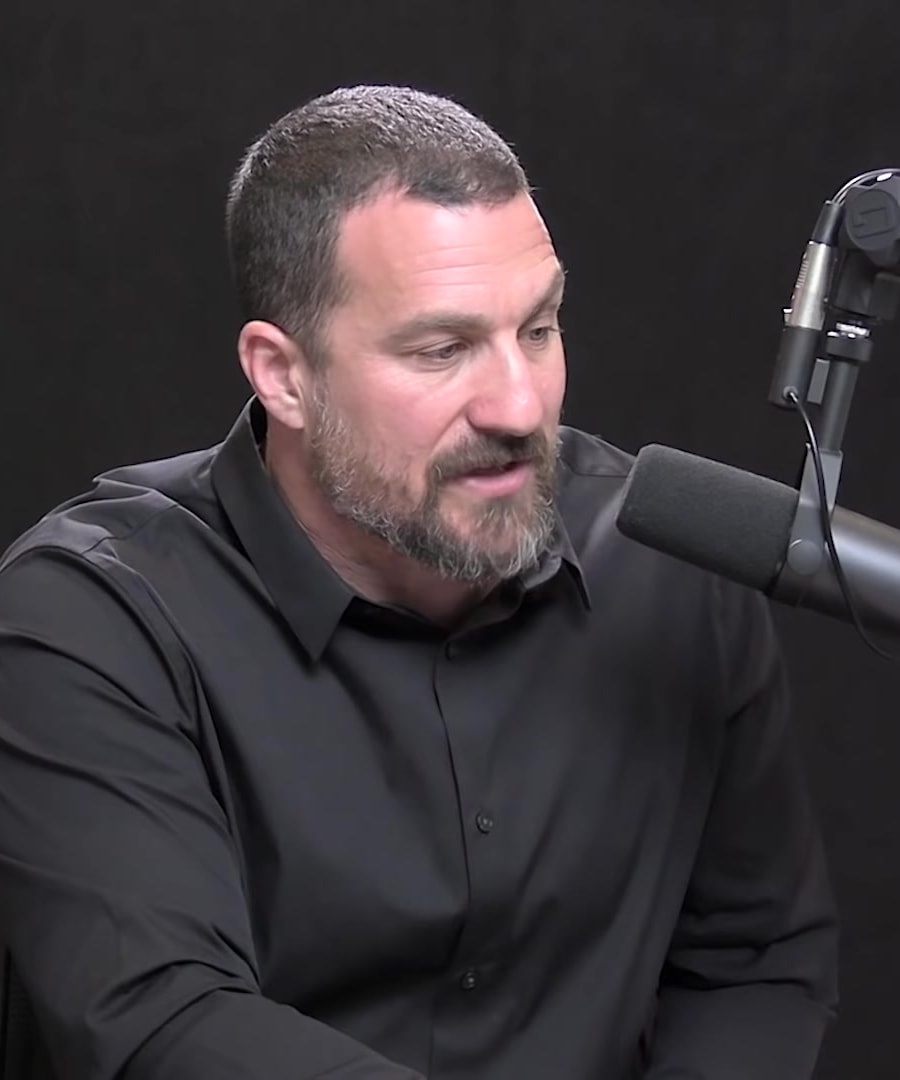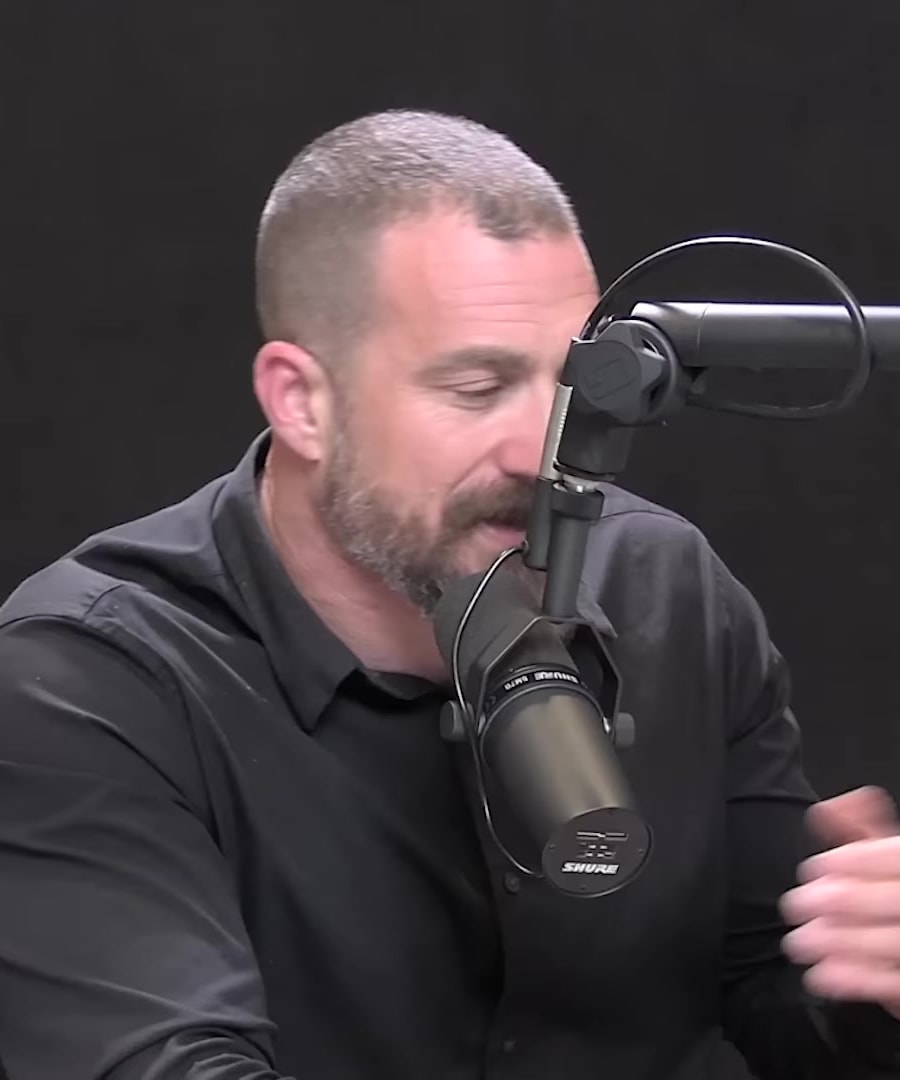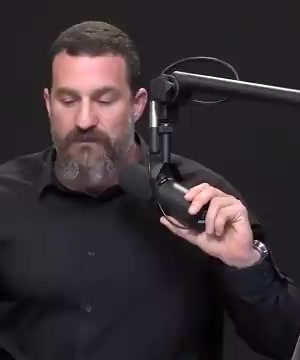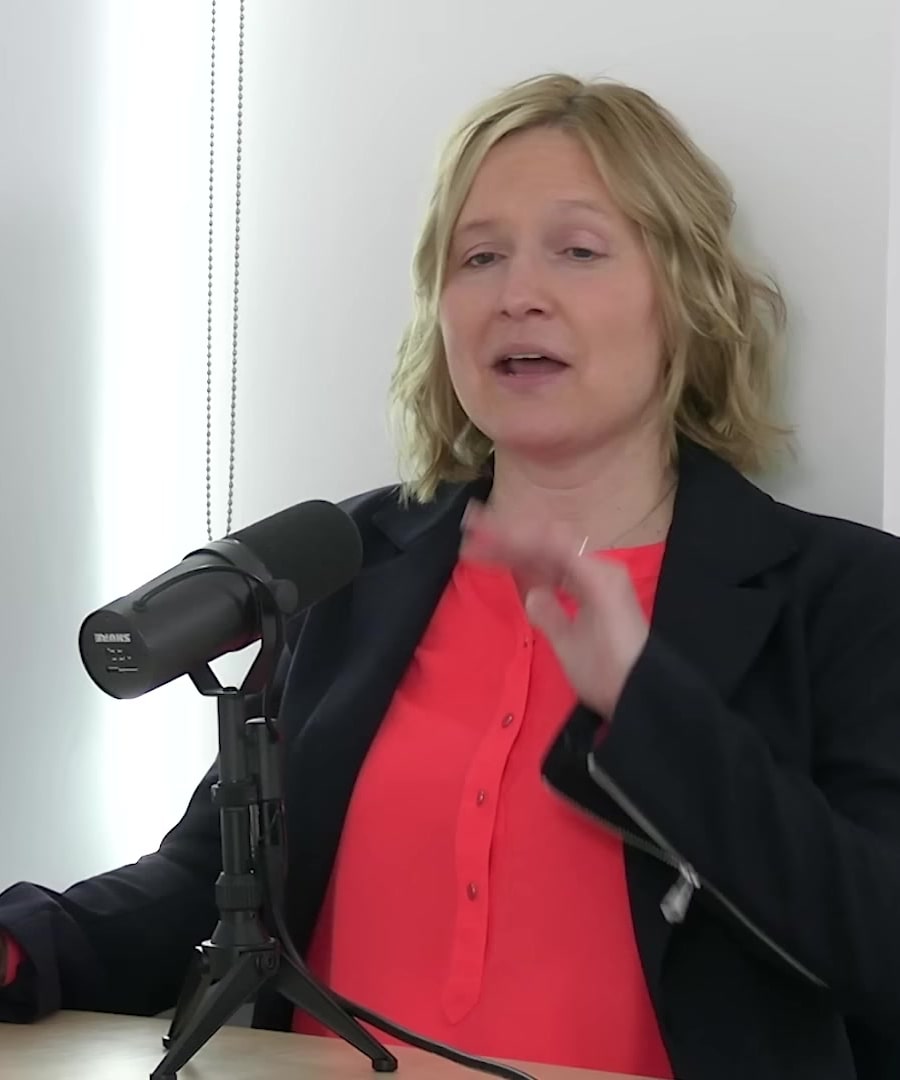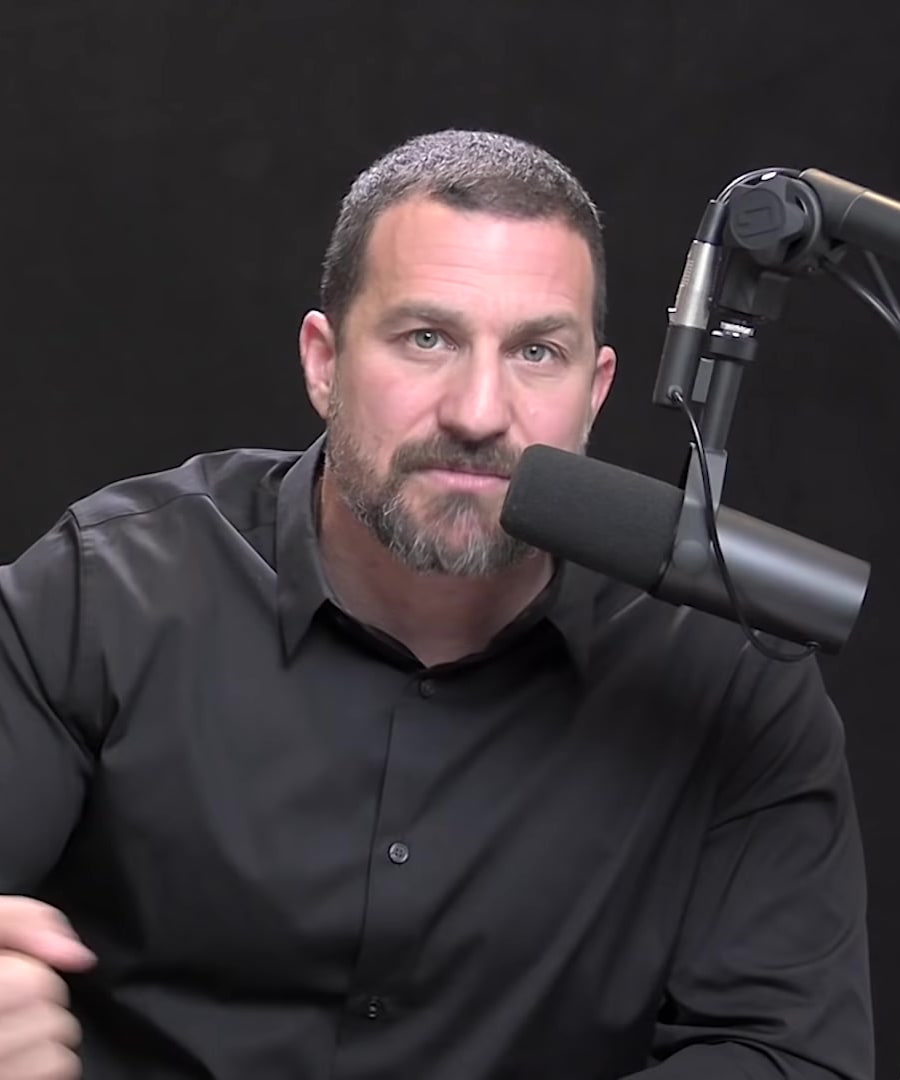How to be less anxious
Sources:
Reducing anxiety can be approached through several techniques and supplements as suggested by :
-
Music: Listening to specific music, like the song "Weightless" by Marconi Union, can lead to a significant reduction in anxiety 1.
-
Exposure Therapy: This method is used, particularly for anxiety disorders like PTSD, to build new safe memories that compete with traumatic ones 2.
-
L-Theanine: An amino acid that can enhance relaxation and reduce anxiety when taken 30 to 60 minutes before sleep or during periods of stress 3.
-
Ashwagandha: A herb known to lower anxiety and cortisol, with a strong effect on reducing cortisol levels when taken during particularly stressful times 4.
-
Saffron and Inositol: Oral ingestion of Saffron and high doses of Inositol have been shown in studies to decrease anxiety symptoms significantly 5.
-
Myo-Inositol: Additionally, Myo-Inositol at doses of 1-5 grams per day can reduce anxiety 6.
-
Breathing Techniques: Techniques such as the double inhale through the nose followed by a long exhale through the mouth (physiological sigh) can swiftly calm the autonomic nervous system 1 7.
-
Self Stress Inoculation: Using intense breaths to induce adrenaline and then consciously calming oneself as a form of stress management training 7.
Consult a healthcare professional before starting any supplementation or intense stress inoculation exercises, especially if you have anxiety-related disorders.
RELATED QUESTIONS-
How to become a less anxious person
Sources:
To become a less anxious person overall, suggests several strategies that focus on goal setting, managing autonomic arousal, and increasing stress capacity. Here's a breakdown of those approaches:
-
Effective Goal Setting: Break your goals into manageable steps and plan for obstacles. This proactive approach can significantly enhance motivation and help you address anticipatory anxiety 1.
-
Strengthening New Memories: For people with anxiety disorders, like PTSD, employing methods such as exposure therapy can help build new memories that signal safety rather than fear, thus reducing anxiety levels 2.
-
Managing Autonomic Arousal: Learning to calm down when you're too anxious is crucial. Techniques such as the double inhale-exhale, also known as the physiological sigh, can rapidly reduce stress and anxiety 3.
-
Increasing Stress Capacity: You can deliberately place yourself in mild stressful situations, like a cold shower or exercise, and practice calming your mind. This dissociation helps raise your stress threshold and makes you less reactive to anxiety over time 4.
Please keep in mind the importance of personalized approaches and consulting healthcare professionals when dealing with anxiety, as everyone's needs and conditions are unique.
RELATED QUESTIONS-
How to be less anxious
- RELATED QUESTIONS
How to become a less anxious person
- RELATED QUESTIONS
